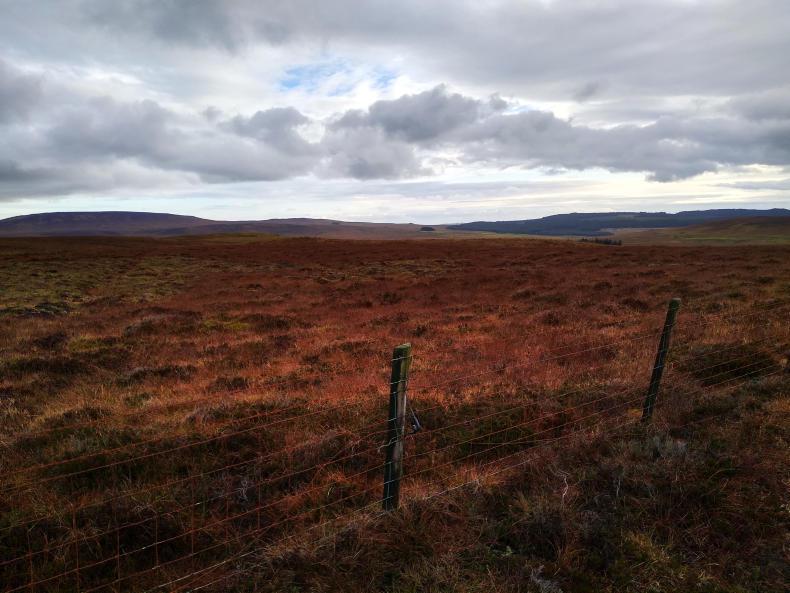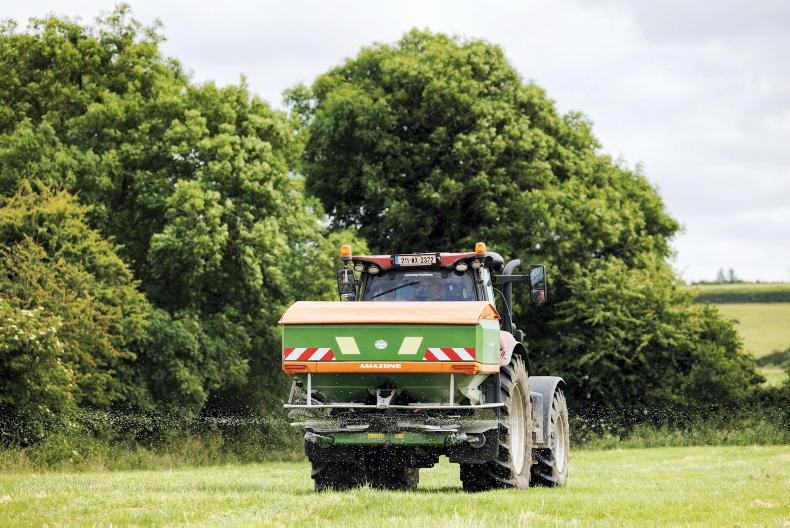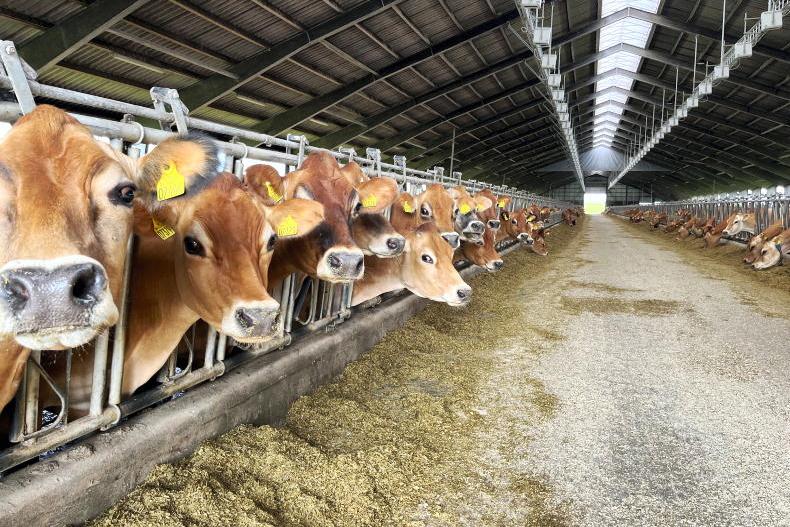The evidence provided by DAERA senior official Colin Breen (see page 9) to the Stormont Agriculture committee last Thursday raises serious questions about the motives of many of our local politicians.
As a civil servant, Breen is obliged to work on the basis of science and facts. His clear advice is that NI should follow the same path as other UK regions and accept the recommendations of the expert Climate Change Committee.
It has suggested that NI sets a target to reduce carbon emissions by at least 82% by 2050 (when compared to 1990 levels) as part of our contribution for the UK to be net-zero by that date. Achieving that 82% reduction will be a major challenge for NI agriculture.
Yet Sinn Fein, Ulster Unionists, Alliance and the SDLP are continuing with a private member’s bill that will set a target for NI to have net-zero carbon by 2045.
It is a target based on what others might be doing, not on what NI can realistically achieve. The evidence suggests that net-zero by 2045 will require all of our peatland to be re-wetted, and a significant area of improved land to be planted in trees. Livestock numbers will need to be dramatically cut.
To suggest, as some politicians have done, that farmers in hill areas and in the west will be pretty much unaffected as they are lowly stocked, and have enough bogs, trees and bushes to offset carbon, is just not true.
As Breen points out, bog re-wetting is more about stopping any more carbon being released than extra carbon being captured from the atmosphere.
And even the most optimistic estimates would suggest that sequestration from soils and hedgerows still only offsets less than half of total emissions from agriculture.
So if we end up with a net zero target by 2045 it will mean we become more reliant on food imports.
As thoughts of our politicians turn to the next Assembly election, as farmers we have got to continually challenge them as to why they are not following the expert advice.
Read more
Sustainable sheep farming in a hill environment
Low-input farming will not get NI to net zero, says DAERA
The evidence provided by DAERA senior official Colin Breen (see page 9) to the Stormont Agriculture committee last Thursday raises serious questions about the motives of many of our local politicians.
As a civil servant, Breen is obliged to work on the basis of science and facts. His clear advice is that NI should follow the same path as other UK regions and accept the recommendations of the expert Climate Change Committee.
It has suggested that NI sets a target to reduce carbon emissions by at least 82% by 2050 (when compared to 1990 levels) as part of our contribution for the UK to be net-zero by that date. Achieving that 82% reduction will be a major challenge for NI agriculture.
Yet Sinn Fein, Ulster Unionists, Alliance and the SDLP are continuing with a private member’s bill that will set a target for NI to have net-zero carbon by 2045.
It is a target based on what others might be doing, not on what NI can realistically achieve. The evidence suggests that net-zero by 2045 will require all of our peatland to be re-wetted, and a significant area of improved land to be planted in trees. Livestock numbers will need to be dramatically cut.
To suggest, as some politicians have done, that farmers in hill areas and in the west will be pretty much unaffected as they are lowly stocked, and have enough bogs, trees and bushes to offset carbon, is just not true.
As Breen points out, bog re-wetting is more about stopping any more carbon being released than extra carbon being captured from the atmosphere.
And even the most optimistic estimates would suggest that sequestration from soils and hedgerows still only offsets less than half of total emissions from agriculture.
So if we end up with a net zero target by 2045 it will mean we become more reliant on food imports.
As thoughts of our politicians turn to the next Assembly election, as farmers we have got to continually challenge them as to why they are not following the expert advice.
Read more
Sustainable sheep farming in a hill environment
Low-input farming will not get NI to net zero, says DAERA










SHARING OPTIONS